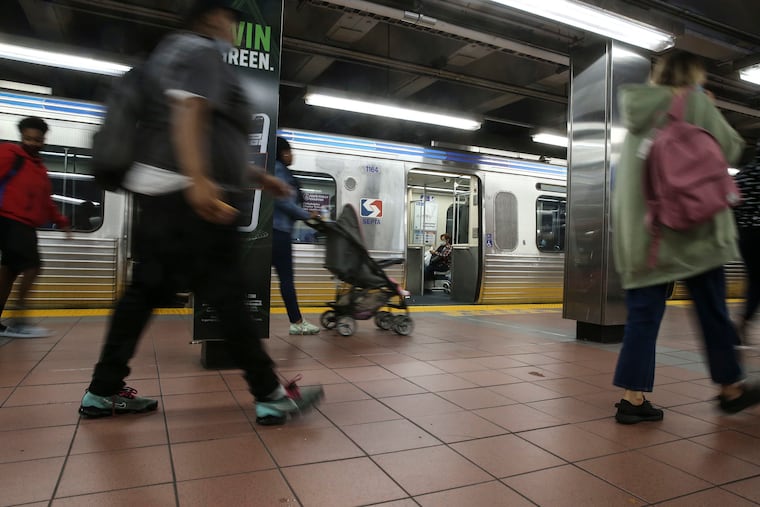Opposition Grows Against Trump’s NYPD Policy Changes
In a significant move that could reshape law enforcement protocols across the nation, President Trump has recently signed two executive orders that fundamentally alter the legal landscape for immigration enforcement and local policing. The first order eliminates New York City’s status as a sanctuary for undocumented migrants, while the second authorizes the nationalization of local police departments to implement Trump’s directives.
The impact of these orders is profound. Local officials who fail to comply risk severe repercussions, as Trump has threatened to hold state and local leaders accountable through all necessary legal means, including potential felony charges for those obstructing law enforcement efforts. This sweeping authority will affect the responsibilities of key federal officials, empowering the U.S. attorney general, secretary of defense, and secretary of homeland security to mobilize national security resources, including military assets, in order to enforce these new policies.
The implications for New York City are particularly worrisome. Police Commissioner Jessica Tisch’s obligations to manage public safety within the NYPD could be critically undermined. City officials, including Mayor Adams, are urged to reject Trump’s orders outright. Local governance and the autonomy of the NYPD hang in the balance, and it is crucial that city leaders adopt a firm stance against these federal mandates.
Moreover, legal experts suggest that a proactive approach is necessary. The NYC Law Department is encouraged to pursue litigation challenging the constitutionality of these orders, which are set to take effect in 60 and 90 days. This legal action is essential to preserve democratic governance, safeguard civilian oversight of law enforcement, and maintain the integrity of judicial decrees aimed at protecting civil rights.
Critics argue that the breadth of these executive orders infringes upon the separation of powers, potentially enabling the U.S. attorney general to overrule judicial safeguards put in place to prevent unlawful law enforcement practices against migrants. Previously instituted limits on policing tactics, particularly regarding controversial stop-and-frisk practices, could be jeopardized.
Such expansive executive actions raise concerns about police accountability and the potential for civil rights violations. By shielding officers from legal repercussions while conducting federal enforcement operations, these orders could create a climate of impunity that undermines public trust.
Additionally, the erosion of habeas corpus rights poses a fundamental threat to civil liberties. This constitutional protection, which ensures that individuals detained are promptly presented in court, risks being nullified as a result of these orders.
As tensions mount, the challenge for local leaders and the public remains clear. They must vocally oppose what many view as an unlawful overreach of federal power that jeopardizes the rights and freedoms guaranteed by the Constitution. It is becoming increasingly imperative for New Yorkers to unite in defending their city’s governance and preserving the foundational principles of justice and accountability.
In this critical juncture, city officials must act decisively to protect the values and rights that define New York City. The eyes of the nation are on them as they navigate this fraught political landscape.
Media News Source







